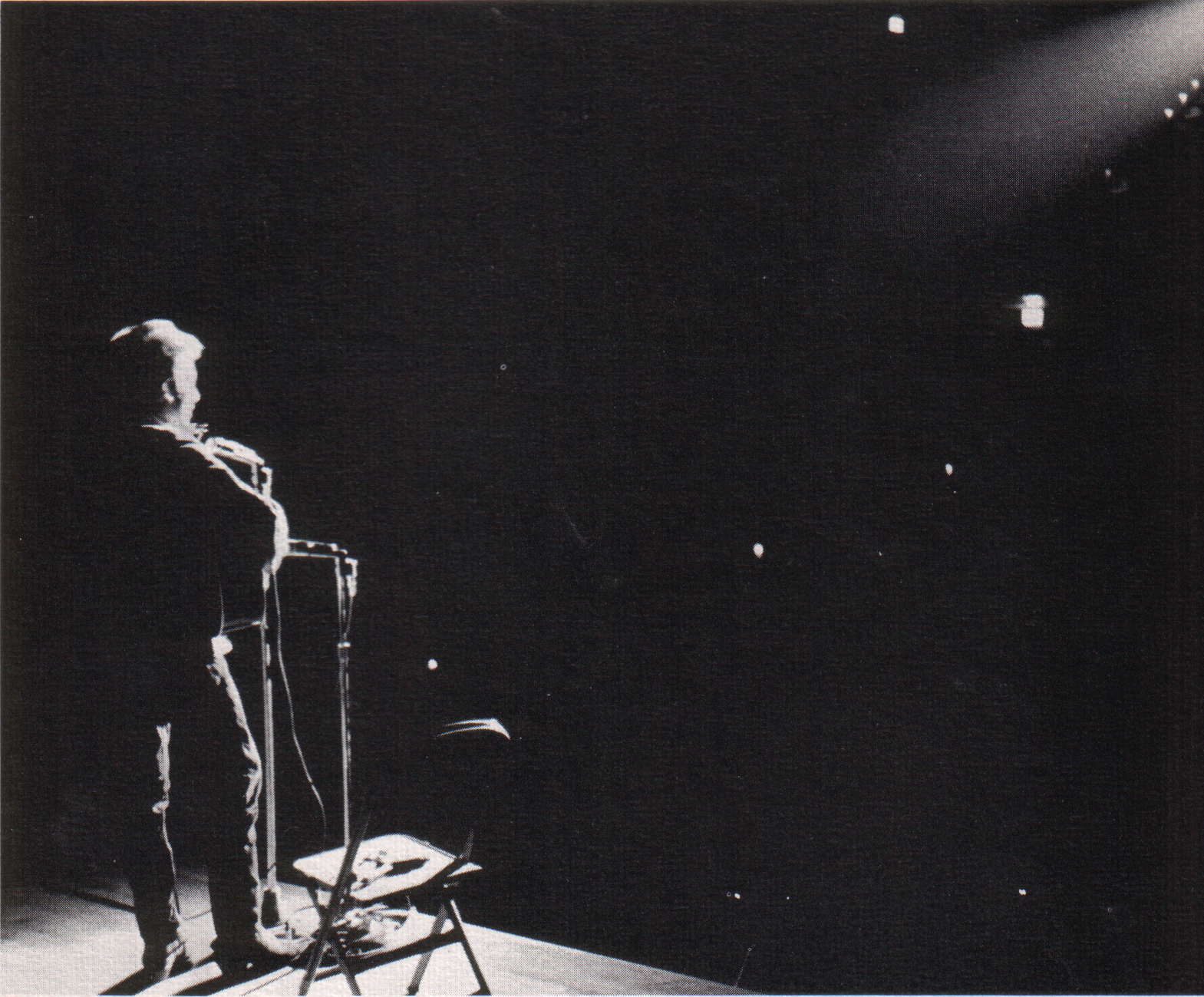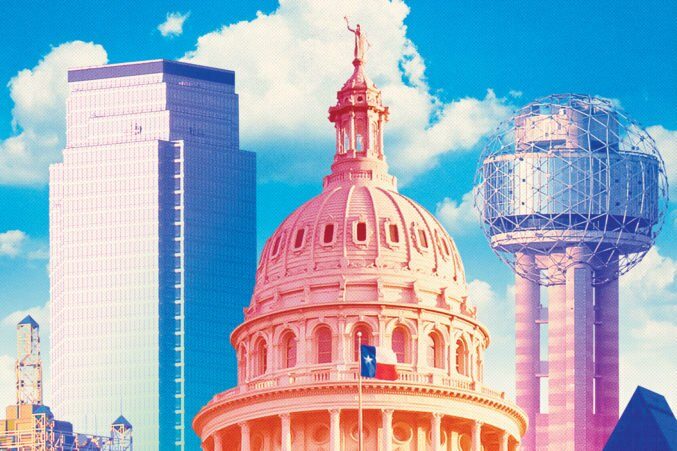At midnight, Bob Dylan dropped the longest song he has ever recorded — a 17-minute, stream-of-conscious ballad about the JFK Assassination called Murder Most Foul. As Variety reports, it is the first new release of original material from Dylan since 2012, and why it comes now, we can only guess. Dylan released a cryptic statement with the midnight release that thanks his fans, says he hopes they find the song “interesting,” and tells them to “stay safe, stay observant.”
He leaves it to us to make what we can from the timing of the release. We are all living through a historic pandemic, nearly the entire country is in the midst of a lockdown, and many artists are releasing material or staging online concerts to help boost spirits. Listening to the new song, however, it feels like Dylan is doing more than gifting us with some new entertainment to get us through the lockdown.
The new track is a meandering, “Desolation Row”-style waterfall of free association; cryptic imagery; historical observations; and pop cultural, folkloric, and musical references. Drenched with Dylan’s characteristically wry mix of barbed critique and whimsical irony, the song is an elegy on the JFK Assassination and a meditation on the decline of the American empire. Murder Most Foul is also one of the best songs about Dallas ever written.
“Twas a dark day in Dallas, November ’63, a day that would live in infamy,” Dylan begins, before recounting the assassination through a scattershot of occasionally very graphic images. He recalls the momentous highs and lows of cultural events that would follow–the Beatles’ arrival in America, the assassination of Martin Luther King; hippies in rags arriving at Woodstock only to find themselves in the front rows at Altamont. Dylan then launches into an impressionistic stream of images that conjures a surreal, empty Dallas night haunted by the echos of hatred and murder. The verses are worth reproducing in full:
“Put your head out the window, Let the good times roll
There’s a party going on behind the grassy knoll
Stack up the bricks, Pour the cement
Don’t say Dallas doesn’t love you Mr. President
Put your feet in the tank and step on the gas
Try to make it through the triple underpass
Black-faced singer, white-faced clown
Better not show your faces after the sun goes down
I’m in the red light district, like a cop on the beat
Living in a nightmare on Elm St.
When your down in Deep Ellum, put your money in your shoe
Don’t ask what your country can do for you
Cash on the ballad, money to burn
At Dealey Plaza make a left hand turn
I’m going down to the crossroads, going to flag a ride
To the place where faith hope and charity die
Shoot ’em while he runs boy, shoot ’em while you can
See if you can shoot the invisible man
What is the truth? Where did it go?
Ask Oswald and Ruby, they ought to know.
That last line raises the hair on the back of my neck. One of the most terrifying aspects of the COVID-19 pandemic is the way that it has raised the stakes and the consequences of our political culture of truth and lies, news and fake news — a public discourse that has become little more than crude competition over the authority to lay claim to the truth and to re-frame perceptions of what is real. Here Dylan traces the entomology of that culture of deceit to those terrible events in Dallas in 1963, when America’s faith in the government’s ability to tell the truth was broken and the culture of conspiracy took root. It is one aspect of the song that makes it feel eerily pertinent to the present moment. Dylan isn’t trying to cheer us up in our locked-up lives — he is urging us to “stay observant,” as he put it.
In what might be called the song’s third act, Dylan’s narrator turns from the events of the assassination to a rhyming, free form litany of American musicians and 20th century cultural figures — from Buster Keaton and Charlie Parker to Don Henley and Stevie Nicks. It is surprisingly powerful and moving stuff, playing as an incantation, of sorts. It is as if, in the aftermath of the great horror of the assassination, there is nothing to do but turn to the saints of American culture for hope, consolation, or salvation. If Dylan’s difficult, mournful song is meant to offer us solace in our current predicament, it is to remind us that in moments of great personal and communal suffering, we may turn to art to help bear us through, and beyond.
The section opens with another Dallas reference, one which, again, resonates with an eerie sort of prescience:
“Wake up little Suzy, let’s go for a ride
Across the Trinity River, let’s keep hope alive
Turn on the radio, don’t touch the dials
Parkland hospital only 6 more miles.”
If a pandemic could have an anthem, for Dallas, those lines are it. Stay safe out there.
[d-embed][/d-embed]




